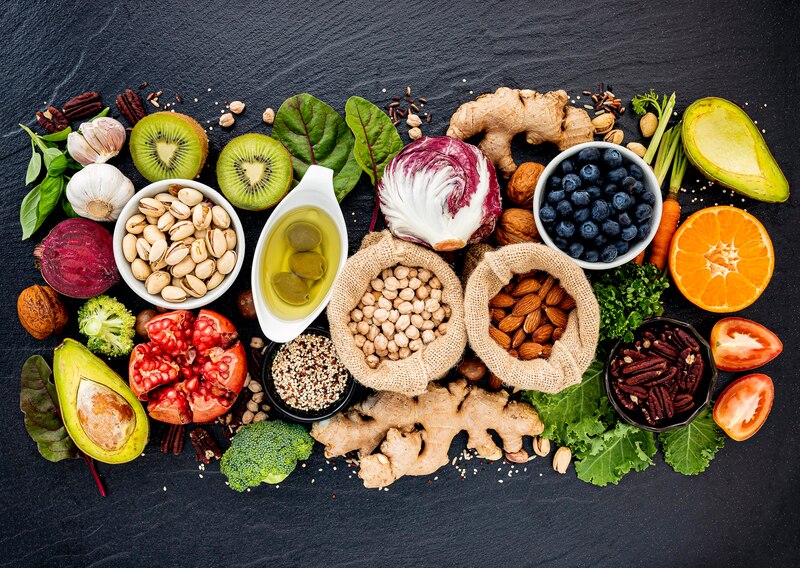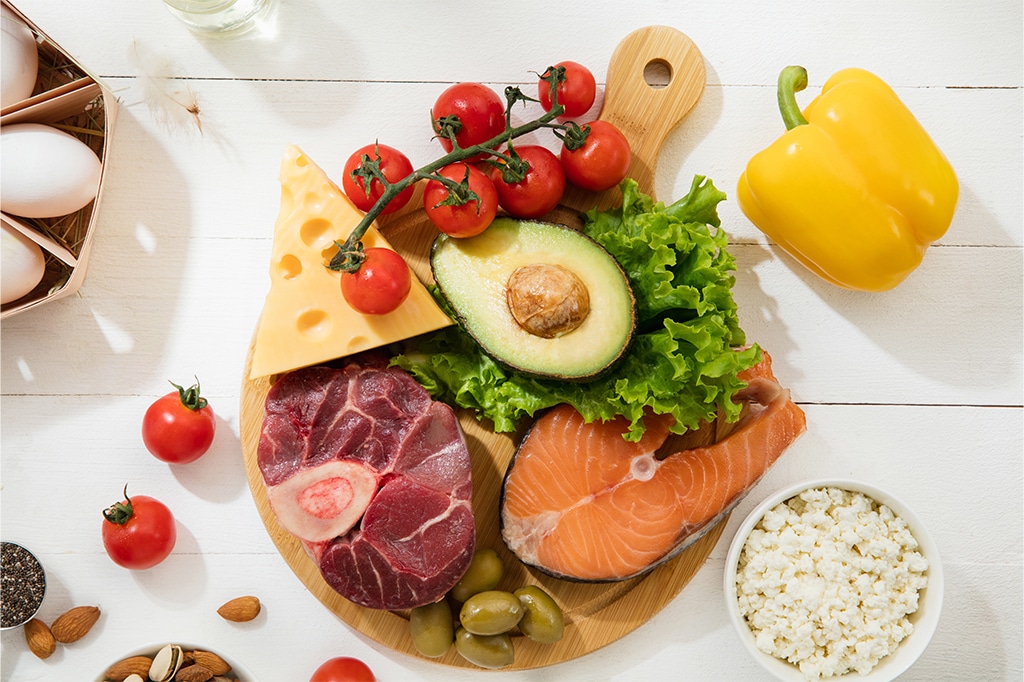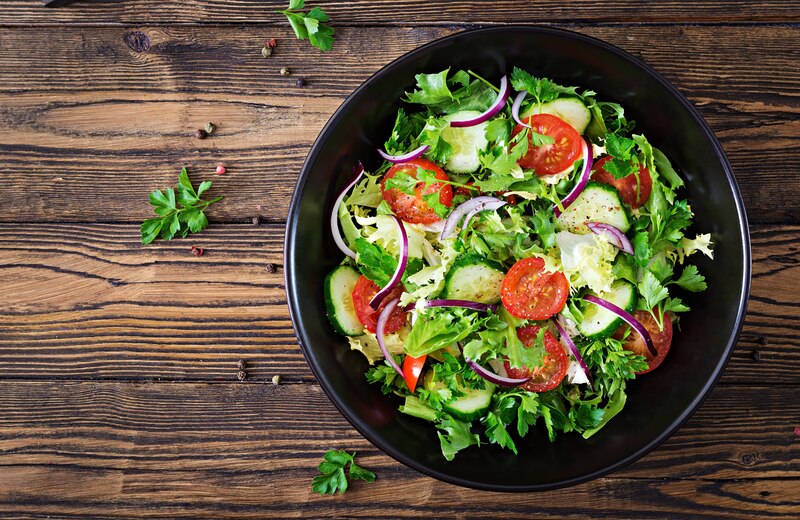Find out how much omega-3s you need to flourish, the finest plant-based sources of the crucial fatty acid, and why you should avoid seafood as a source.
You may have heard that Omega-3 fatty acids are essential for health, particularly heart health. You may also be aware that fish oil, especially from cold-water fish such as salmon, is a wonderful method to obtain these healthy fats regularly.
However, fish cannot make their own Omega-3s! They obtain Omega-3s from their diet, beginning with microalgae at the base of the food chain.
The most prevalent dietary sources of omega-3s are fish and other seafood, and the great majority of omega-3 supplements are derived from fish oil. What is a vegan to do? Keep reading. It is feasible to get enough omega-3 fatty acids on a vegan diet, but you must first determine how much you require. Here is how to maximize your omega-3 intake and live the healthiest vegan life possible.
How do Omega-3 Fatty Acids work?
Polyunsaturated fatty acids include omega-3 fatty acids. Sometimes referred to as Omega-3s or Omega-3 fats, they are necessary, healthy fats for the body to operate. In addition to promoting cardiovascular (heart) health, they also promote eye, brain, and joint health. While your body naturally creates a variety of beneficial fats, Omega-3s are not one of them. Omega-3 fatty acids are essential because they promote cell activity and other bodily activities. These roles include the production of hormones that govern blood clotting, arterial wall contraction and relaxation, and inflammatory response.
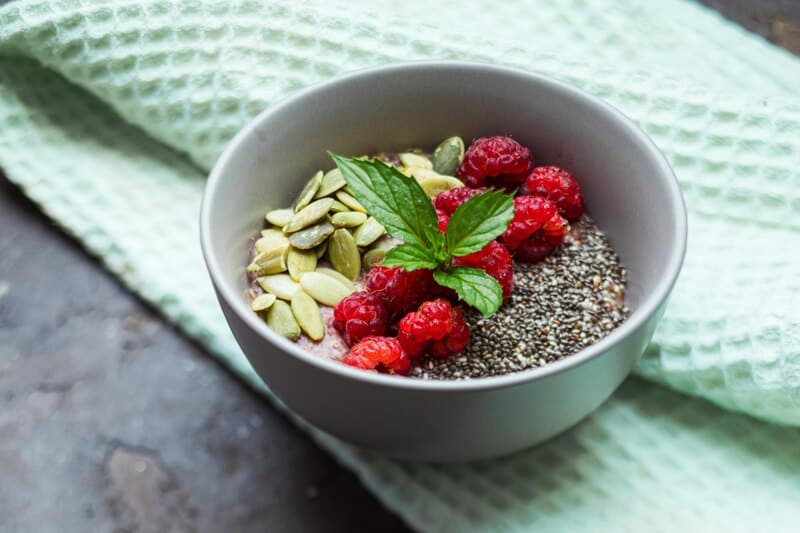
Alpha-linolenic acid (ALA), docosahexaenoic acid (DHA), and eicosapentaenoic acid (EPA) are the three forms of omega-3s (EPA). ALA is the omega-3 fatty acid found in plant-based foods, such as walnuts, chia seeds, flax seeds, hemp seeds, Brussels sprouts, and kidney beans. Marine foods such as algae, seaweed, salmon, and other seafood include DHA and EPA.
Each omega-3 fatty acid is essential for good health, but DHA and EPA are particularly crucial. Advances in Nutrition reported in 2012 that DHA and EPA are essential for heart and brain health, cognitive function, and prenatal development. It has also been discovered that marine omega-3s lessen the risk of heart disease, prevent macular degeneration (vision loss), and aid in the treatment of Alzheimer’s disease. Our bodies can convert ALA into DHA and EPA, which is rather interesting. However, this method is ineffectual, and the conversion rate varies from person to person. Generally, our systems are incapable of converting adequate quantities of ALA into DHA and EPA; hence, we must obtain these two variants from diet or supplements.
How much omega-3 do you need?
So what can you do if you don’t eat fish or fish oil to acquire enough quantities of DHA and EPA? Eliminate the middlemen. Vegans can boost their omega-3 intake with algal oil derived from plants. According to research, consuming seaweed or an algal oil supplement increases DHA levels more efficiently than consuming ALA-rich meals.
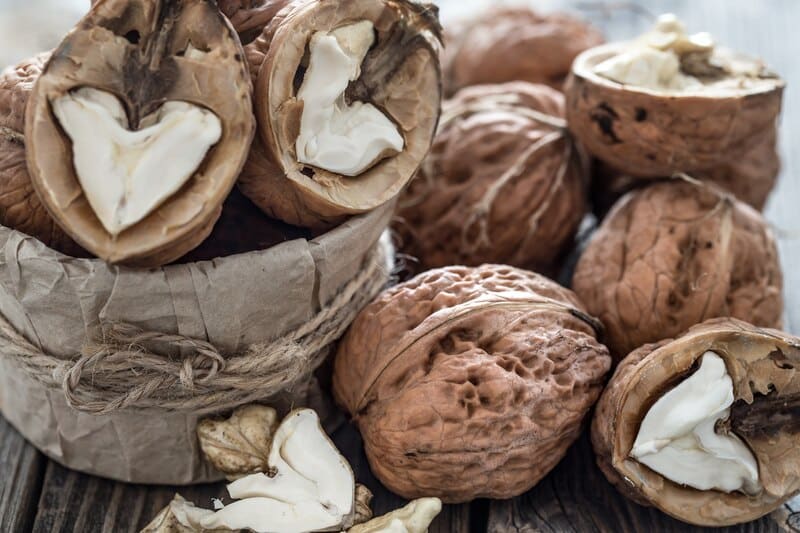
“Omega-3 supplements are unnecessary if consumers consume adequate omega-3s from plant sources such as walnuts, chia seeds, flax seeds, and their oils. Dr. Dana Ellis shows that a large body of research indicates a plant-based diet is far healthier and better for you than an unhealthy traditional American diet supplemented with omega-3.
The recommended daily allowance (RDA) for ALA is now 1.6 grams for males and 1.1 grams for women. Regarding DHA and EPA, there is no established RDA. However, the majority of specialists and health organizations believe that 250 to 500 mg of DHA and EPA combined is sufficient for the majority of individuals. According to the NIH, omega-3 deficiency symptoms typically manifest as rough, scaly areas or a red, swelling, itchy rash. In contrast, if you drink too much omega-3, you may have undesirable side effects such as high blood sugar, an increased risk of bleeding, low blood pressure, diarrhea, acid reflux, stroke, and sleeplessness, according to Healthline.
If you eschew animal products, you should search for vegan sources of heart-healthy DHA and EPA from Omega-3s. However, the majority of plant-based Omega-3 sources provide ALA rather than DHA and EPA. The body needs ALA for energy and can convert a portion of it into EPA and DHA. Here are some frequent sources of ALA in the diet.
Flaxseed
Flaxseed is one of the greatest plant-based sources of the Omega-3 ALA, according to research published in the Canadian Journal of Cardiology. This is one of the greatest options for vegan alternatives to fish oil! In actuality, one teaspoon of flaxseed provides around 2.4 grams of this vital Omega-3 fatty acid. Flaxseed is a versatile ingredient that can be included in virtually any dish. It is simple to integrate into your daily diet!
Sesame Seeds
Today, chia seeds are extremely popular in the health-food sector. Chia seeds are brimming with healthful elements, including fiber, protein, calcium, and zinc. The high Omega-3 content of chia seeds, however, is one of the health advantages that is receiving attention nowadays. Harvard School of Public Health reports that sixty percent of the oils in chia seeds are ALA. PLUS, you can use these adaptable seeds in your favorite dishes, such as chia seed pudding and chia seed banana bread!
Beans
Beans, beans, they’re heart-healthy… And it’s all because of Omega-3s! According to the Physicians Committee for Responsible Medicine, there are roughly 0.1 grams of ALA in half a cup of beans. Look for bean kinds that are especially high in ALA, such as soybeans, kidney beans, and navy beans, if you’re consuming beans for their Omega-3 content.
Walnuts
Numerous types of nuts contain ALA naturally, notably walnuts. Walnuts have been regarded as a superfood in the health-food world for many years due to their high concentration of healthy fats. According to research released by Harvard Health, frequent walnut consumption may reduce cholesterol and enhance heart health.

Are Vegan Omega-3 Supplements as Effective as Fish Oil?
The efficiency of Omegas relies on the kind and quantity of Omega-fatty acids. 100 mg of vegan DHA derived from algae would be regarded as equivalent to 100 mg of DHA derived from fish. Since microalgae are the original source of Omegas from the sea, they tend to be more concentrated than fish. One softgel of vegan DHA & EPA has much more beneficial fats than one softgel of fish oil.
The conclusion on omega-3s
Do not worry about your omega-3 consumption at the end of the day. Vegans, vegetarians, and omnivores can obtain sufficient omega-3 fatty acids from plant foods such as walnuts, brussels sprouts, seeds, seaweed, and algae. As a precautionary measure to guarantee adequate DHA and EPA levels for heart and brain function, it is prudent to take a plant-based algal oil supplement. Before beginning a new supplement regimen, use caution and consult your healthcare physician.

